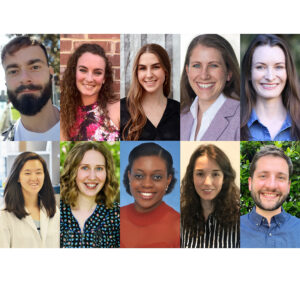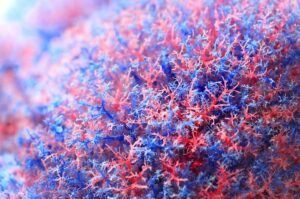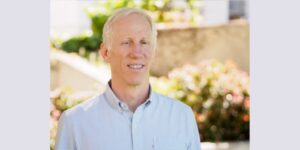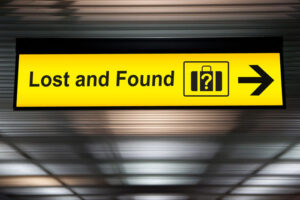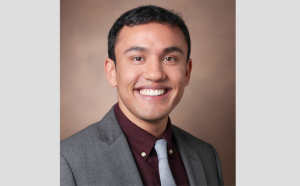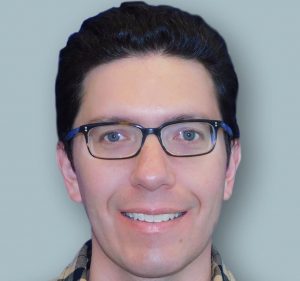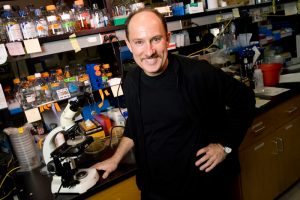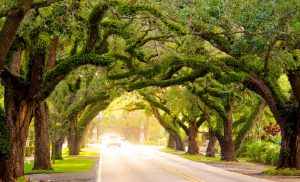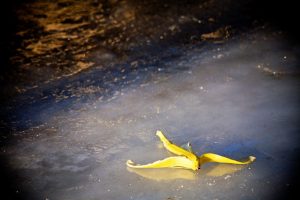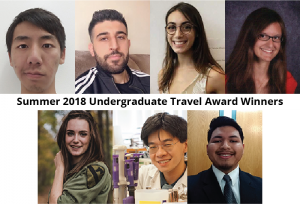Enter your address to receive notifications about new posts to your email.
Articles tagged Yeast
(40 results)
-
Congratulations to the Spring 2022 DeLill Nasser Awardees!
GSA is pleased to announce the recipients of the DeLill Nasser Award for Professional Development in Genetics for Spring 2022! Given twice a year to graduate students and postdoctoral researchers, DeLill Nasser Awards support attendance at meetings and laboratory courses. The award is named in honor of DeLill Nasser, a long-time GSA supporter and National…
-
Naturally occurring small molecules correct mutant proteins in living cells
Yeast screens explore the therapeutic potential of chemical rescue. Anyone who’s worked in a lab knows that sinking feeling of discovering that the temperature of an incubator, carefully set the night before, has crept up high enough to ruin the experiment. While such a mishap usually spells disaster, occasionally, it can lead to an unexpected…
-
How an anti-fungal medication can stop new blood vessel formation
Discovery of thiabendazole target explains vascular disrupting action. Even after hundreds of millions of years of evolution, some yeast genes persist mostly intact in humans and other vertebrates. Despite the huge differences between yeast and humans, these genes perform the same molecular function in both organisms but have been adapted over time into new contexts.…
-
2021 Genetics Society of America Medal: Douglas Koshland
Failure of chromosomes to segregate properly results in severe medical conditions, or even death. Yet for a long time, it was challenging to study exactly how chromosomes carry out their complex choreography, due to a lack of robust tools for combining chromosome visualization and genetic experiments. Douglas Koshland spent his postdoc studying mammalian chromosome biology…
-
Yeast regain long-lost traits
Yeast circumvent Dollo’s Law and reacquire traits lost tens of millions of years ago from distant relatives. Dollo’s Law, first proposed in the 19th century, holds that evolutionary losses are irreversible — if a species discards a complex trait, it will never reacquire exactly that trait. However, a study published in Genetics highlighted one way that unicellular fungi can…
-
Early Career Scientist Leadership Spotlight — Jacob L. Steenwyk
We’re taking time to get to know the members of the GSA’s Early Career Scientist Committees. Join us to learn more about our 2020 early career scientist advocates. Jacob L. Steenwyk Communications & Outreach Subcommittee Howard Hughes Medical Institute James H. Gilliam Fellow Biological Science Department, Vanderbilt University, Nashville, TN Research Interest Broadly, I am interested…
-
New Faculty Profile: David Garcia
New Faculty Profiles allow GSA members who are establishing their first labs to introduce themselves to our wider community. If you’d like to submit your profile, please complete this form. David Garcia Assistant Professor Institute of Molecular Biology University of Oregon Lab website Briefly describe the ongoing and expected research projects as your lab gets up and running.…
-
2019 Edward Novitski Prize awarded to Joseph Heitman
Prize recognizes extraordinary creativity and ingenuity in genetics research. Joseph Heitman, MD, PhD of Duke University is the recipient of the 2019 Genetics Society of America (GSA) Edward Novitski Prize. Heitman is honored for his work on human fungal pathogens and for identifying the molecular targets of widely-used immunosuppressive drugs. The latter work proved to…
-
Does Candida grow on trees?
An opportunistic human pathogen makes itself at home on old oaks. At one point or another, most people have played host to the common yeast Candida albicans. Around 40-60% of healthy adults carry around it in their mouth or guts; in immunocompromised people, however, this normally harmless cohabitant becomes a deadly pathogen. Generally thought to…
-
What’s the cost of a slip in translation?
Programmed ribosomal frameshifting has translational costs that may influence codon usage bias. The genetic code has some redundancy—the same amino acid is often encoded by several codons. However, these codons are not necessarily equal in their effect, as evidenced by the codon usage bias observed in many organisms. The translation efficiency hypothesis posits that some…
-
Congratulations, Summer 2018 Undergraduate Travel Award Winners
To promote excellence in undergraduate research and education, the Genetics Society of America has established a travel award to assist undergraduate members attending a GSA conference to present their research. Congratulations to all the winners of the Undergraduate Travel Award for Summer 2018! Ryan Cheng University of California, Los Angeles I study the…


